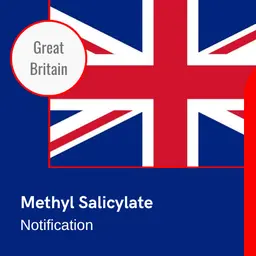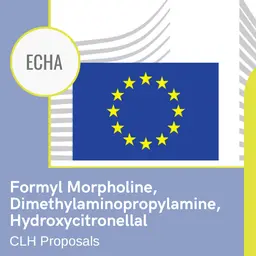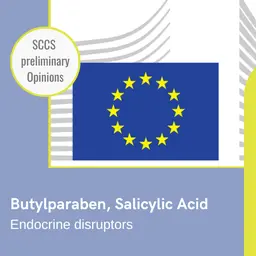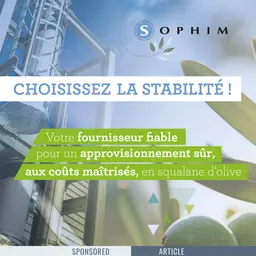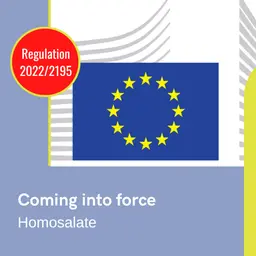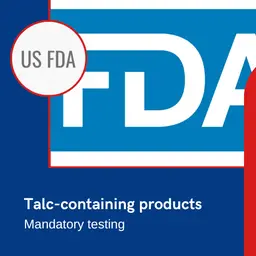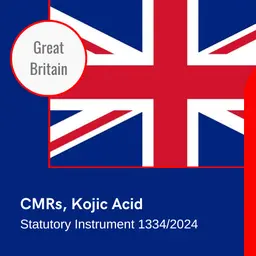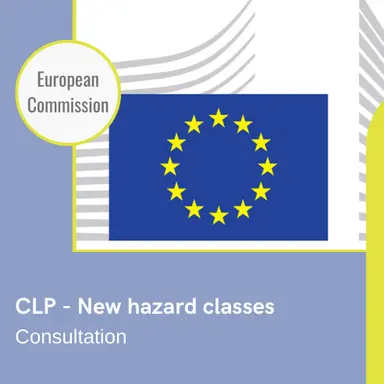
On 20 September 2022, the European Commission opened a public consultation on its draft Delegated Regulation establishing new hazard classes in the CLP Regulation on classification, labelling and packaging of substances. It is part of the implementation of the Chemicals Strategy for Sustainability (CSS) and proposes criteria for classifying substances as ED (Endocrine Disruptors), PBT (Persistent, Bioaccumulative and Toxic) and PMT (Persistent, Mobile and Toxic).
Context
The inclusion of new hazard classes and their criteria in the CLP Regulation is one of the main commitments of the CSS, part of the European Green Deal, to ensure the protection of citizens from the most harmful chemicals and to achieve the goal of “zero chemical pollution” in the environment.
According to the European Commission, the criteria and hazard statements for the three proposed new classes “appropriately reflect the development of scientific knowledge.”
Consutations prior to the adoption
The Commission recalls the stakeholders included in the different phases of consultations that were carried out in the framework of the elaboration of the text:
• The CARACAL expert group, for the establishment of the definitions and criteria of the new hazard classes
• The public and relevant stakeholders in the context of the impact assessment
• The public during the consultation on the revision of the CLP Regulation, from August to November 2021
• Stakeholders in a targeted consultation in November and December 2021.
The public consultation on the revision of the CLP Regulation
This consultation received 625 responses from four types of stakeholders:
• Companies and business associations (45%)
• European and non-European citizens (39%)
• Public authorities …



